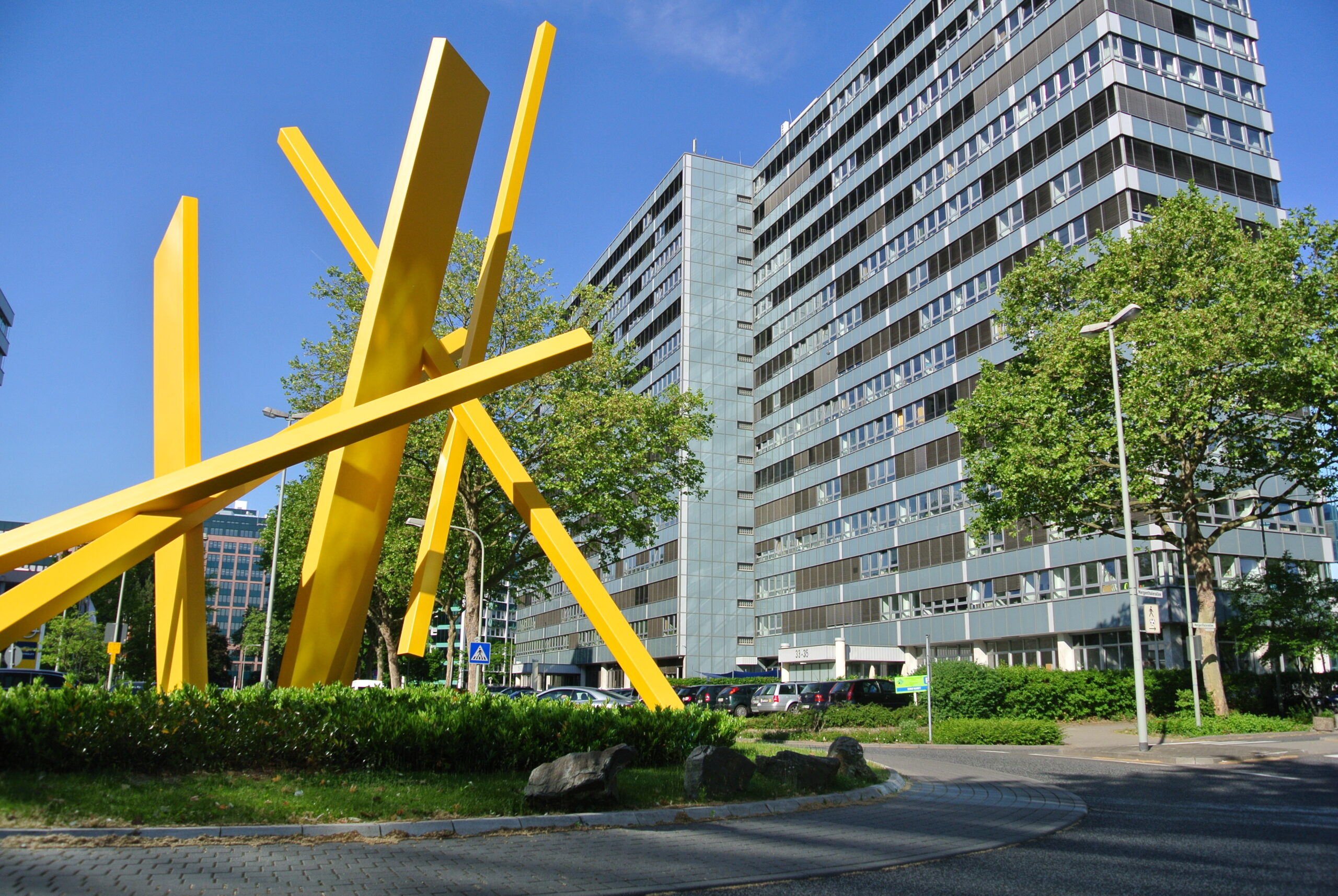CHP Funding
Financial support for your CHP
This is the support you can count on
If you decide to operate a biomass CHP plant, you will be rewarded: Numerous CHP subsidy options are available to realize your climate-friendly and at the same time efficient project. Which ones are they? You can read about them here.
Funding for wood gasifiers in 2022 - an overview
The federal and state governments are promoting the purchase of biomass cogeneration plants. There is a good reason for this: biomass cogeneration plants are climate-friendly and highly efficient. They generate electricity and heat at the same time, operate independently of major electricity suppliers and produce in all weather conditions.
How do you find the right CHP subsidy? Unfortunately, there is no general answer to this question. The subsidy landscape in Germany is diverse and individual. It’s not just the federal government that provides financial support – the states and even local authorities have their own subsidy programs. Here we explain how the federal government supports you.
What other financial assistance can you expect? We will be happy to advise you on this very individual question. We work with renowned engineering firms that can evaluate and assess your personal situation. You can find out more here.
CHP Funding of the Federal Government
The federal government offers funding for wood gasifiers in 2022 in a variety of ways. We have summarized the funding options for you:

Source: KfW-Picture Archive / Rüdiger Nehmzow
Funding by the KfW-Bank
The Kreditanstalt für Wiederaufbau, or KfW Bank for short, supports the operation and new construction of biomass cogeneration plants with special subsidy programs and loans with attractive interest rates. The “Renewable Energies – Standard (270)” loan is particularly interesting. It is aimed at CHP operators who use renewable raw materials such as wood to generate energy. The interest rates are based on the operator’s credit rating. Another attractive option is the “Renewable Energies – Premium – Loan 271, 281” with a repayment subsidy for heat.
Funding by the Federal Office of Economics and Export Control (BAFA)
The German Federal Office of Economics and Export Control offers subsidies primarily for small and medium-sized companies as well as for private individuals who decide to install a biomass CHP unit. The basis is the Combined Heat and Power Act – CHP Act for short. This law stipulates that operators of a CHP unit must feed the electricity they generate and do not consume themselves into the public grid. In return, they receive a corresponding payment, the so-called feed-in tariff.
In addition – as a special CHP subsidy – there is a CHP surcharge. This surcharge is even paid for self-consumption, at least in the case of smaller CHP units.
In addition, the Federal Office of Economics and Export Control (BAFA) offers CHP subsidies. The so-called “Module 2 Renewable Energies Process Heat” is particularly worth mentioning here. This subsidizes both the new acquisition and the replacement of process heat generators. The plants must provide more than 50 percent of the process heat. You can find out more about BAFA’s CHP funding options in the 2022 funding compass.

Source: © BAFA
Indirect support via tax relief

Operators of a biomass cogeneration plant have the chance to get a refund of the energy tax that usually has to be paid for the fuel used. In addition, operators usually do not have to pay electricity tax on their self-used electricity. This tax relief is based on §3 EnergieStG and §9 StromStG.
Important to know: For this indirect CHP subsidy, your biomass CHP must achieve an annual utilization rate of at least 70 percent.
Can't find your way through the funding jungle? We will help you!
There are many funding opportunities for a biomass CHP in Germany. But it is not always easy to find the right ones and to really exploit the full potential. Funding conditions change again and again, and even up to the municipal level there is financial support – but it has to be found first.
We are happy to help you with this! We work together with renowned and experienced engineering companies to explore and exploit your individual funding opportunities – whether on a national or international level. In addition, our partners will be happy to assist you in preparing your funding application.